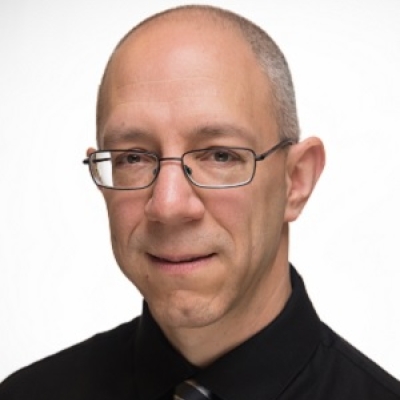We need many more effective, “expert” teachers in our schools. Thus, a new report aiming to synthesize numerous past studies in order to identify attributes that make a top performing teacher should be of interest to practitioners and policymakers alike.
In undertaking this first-of-its-kind effort—and accepting at the outset that there is likely no simple definition of “expert”—researchers Jason Anderson and Gülden Taner want to include every possible resource available. They employ a “metasummary method,” which is meant to allow both qualitative and quantitative studies of teacher expertise to be included together in the metadata. This not only allows the largest number of studies to be considered at the outset, but also keeps more studies in the final mix. As long as the original findings can be abstracted to a common level, they will be included in the metasummary data.
Using four databases (ERIC, Proquest, Web of Science, and Google Scholar), Anderson and Taner cast a wide net around terms related to teacher expertise/expert teaching. The first pass yielded 5,323 works, including published and unpublished papers, reports, books, chapters and articles, as well as Ph.D. and master’s degree theses. Nearly 90 percent of these were rejected because they were non-empirical (opinion pieces, practical teaching guides, and the like) or were studies that did not involve teachers characterized as experts despite including a related term in the body. In their second pass, the researchers looked to include any work that featured a) empirical findings on aspects of one or more “expert” teachers’ cognition or practice in primary or secondary school settings, and b) some effort to define expertise beyond years on the job and whatever each school, state, or country being investigated marked as basic qualified teacher status—things like student outcome data, advanced certification, or status as a teacher educator.
Their final metasummary includes 106 studies. All were published between 1983 and 2021 and together included 1,124 expert teachers. Most came from the United States, but China, the United Kingdom, Australia, Germany, Estonia, Hong Kong, and India contributed some, as well. Sixty-six focused on teachers at the secondary level, thrity-one at the primary/elementary level, and the rest mixed grade levels. Eighty-three were qualitative in nature, thirteen quantitative, and the rest mixed methods. More than a quarter of the reports looked at general education teachers at the primary level and teachers of various subjects at both primary and secondary levels. The remainder covered teachers of specific subjects, with math teachers comprising the majority of these.
In the end, findings in seventy-three works made the cut. Pedagogic practice, professional practice, and knowledge base were the three most commonly cited domains of expertise. That is, an expert teacher knows what her students need, understands various means by which to deliver instruction to each of them, and continually refines her knowledge and practice. More specifically, Anderson and Taner explain that expert teachers are driven by “moral duty” toward their learners and exhibit unconditional care for them; have a passion for teaching, a positive self-image, and a desire to succeed in their profession; have a habit of reflection and a desire for lifelong learning; and work in collaboration with their peers. Expert teachers motivate their students to work hard, reflect critically, and cope with challenges on their way to success. They assess student progress, spot misunderstandings, and offer ongoing feedback and individualized support to erase any barriers to progress. Sounds like a high-quality practitioner for sure.
Anderson cautions that the attributes as summarized here should not be seen as a “prescriptive checklist” that school leaders should be looking for when hiring, but rather as a set of vital skills to be supported, nurtured, and developed in teachers as they progress from novices to veterans. It would be interesting to determine if any external measures (master’s degree, additional college coursework, etc.) correlated with expertise, but that is beyond the scope of this metasummary. At the least, schools of education should take heed of these attributes. “This study is more holistic than previous research in the field,” he says, and paints “a more complete picture of teacher expertise than individual studies have been able to do to date. It links aspects of the knowledge, cognition, practice, and personalities of expert teachers in ways that are likely to benefit stakeholders across primary and secondary education.”
SOURCE: Jason Anderson and Gülden Taner, “Building the expert teacher prototype: A metasummary of teacher expertise studies in primary and secondary education,” Educational Research Review (January 2023).




